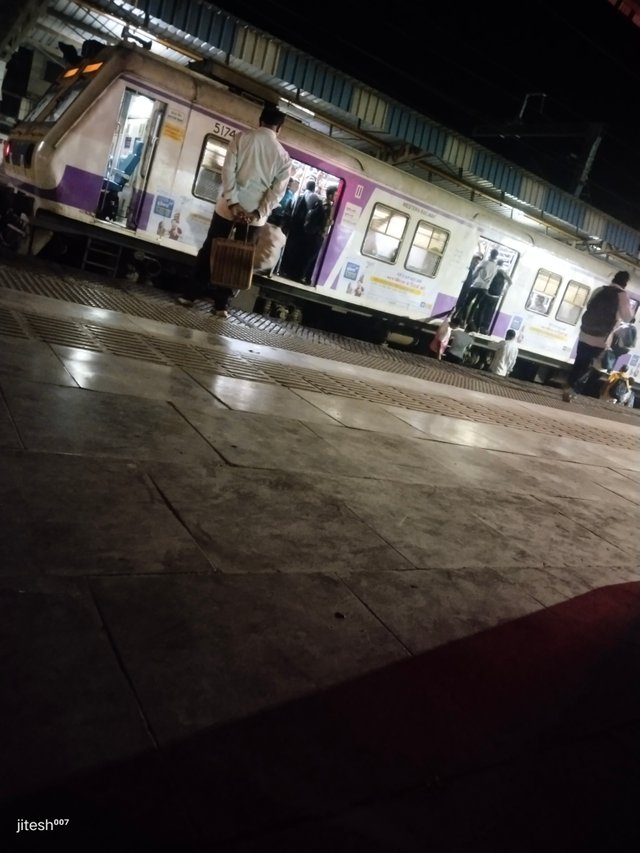Local Life in Pakistan
Local Life in Pakistan:
A Dynamic Tapestry of Culture, Community, and Anarchy Busy bazaars, fragrant food booths, and the call to prayer all merge into the daily rhythm of Pakistani life, which is a vibrant blend of warmth, resiliency, and heritage.
Here is an overview of local life in cities, villages, and all points in between:
The Morning Hustle of the Streets: As rickshaws speed by and store owners raise their shutters, the day starts with chai (sweet, milky tea) at roadside shops.
Breakfast staples include halwa puri, nihari (slow-cooked pork stew), and parathas in Karachi's Burns Road or Lahore's Gawalmandi. Bazaar Chaos: Haggling over spices, cloth, and street food erupts in markets such as Peshawar's Qissa Khwani (Storytellers' Bazaar) and Islamabad's Sunday Bazaar. The air is filled with the aroma of chaat, jalebi, and samosas.
The Essence of Pakistani Life
Food Dhaba Culture:
Tasty karahi (spicy pork), daal chawal (lentils with rice), and freshly made roti are all served in truck-stop restaurants, or dhabas. Home kitchens: Dishes like biryani, kheer (rice pudding), and saag (mustard greens) let families connect. Hospitality is sacred, thus guests are always fed first.
- Religion & Community Mosques & Faith: The day is punctuated by the azan, or call to prayer. Iftar dinners and nocturnal markets fill the streets throughout Ramadan. Weddings & Festivals: Mehndi (henna) is a component of multi-day weddings.
Rural Simplicity Village Life:
Children attend one-room classrooms, farmers tend to sugarcane and wheat fields, and people spend evenings telling stories under the sky. Handicrafts: Craftspeople preserve traditions through the production of Khadi cloth and Multani ceramics.
- Urban Joys & Struggles Traffic & Resilience: Buses and chai dhabas provide a stress-relieving atmosphere, but cities like Karachi test tolerance with traffic jams. Cricket Mania: Children play tape-ball cricket in alleys as the streets are deserted during Pakistan-India matches.

